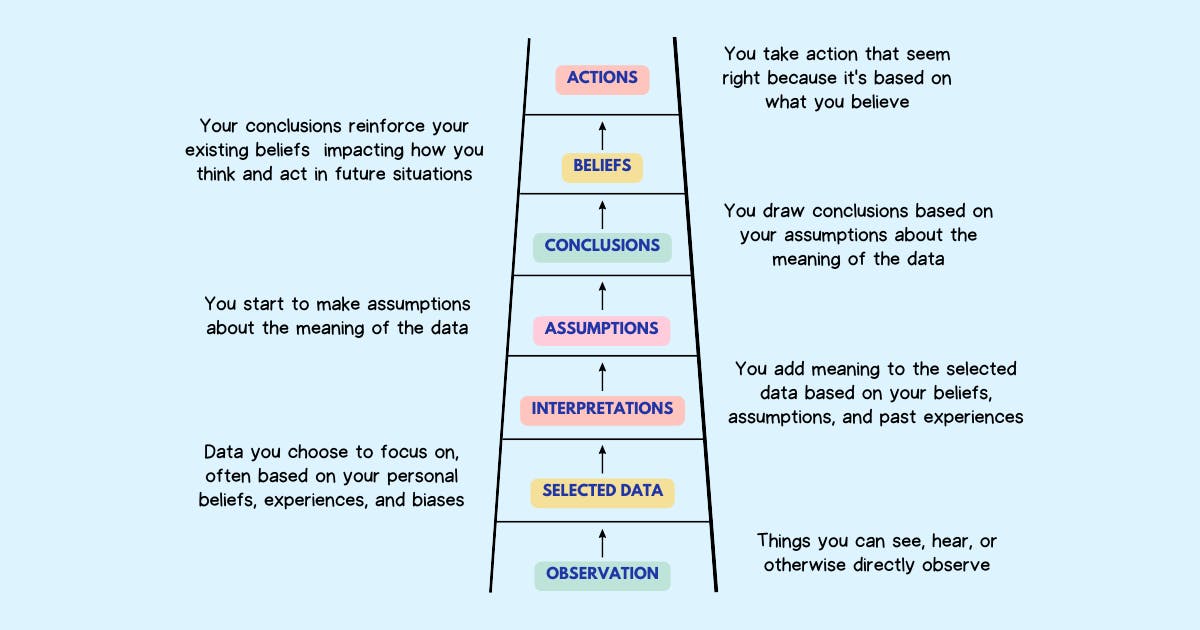That Japan has a birth problem is something that does not catch anyone by surprise at this point. It is a worrying issue that the country does not seem to know how to address. Although measures are being proposed to prevent the situation from worsening, as has happened in South Korea or Taiwan, the birth rate has plummeted to historic lows and it does not appear that it will rebound in the short term.
There are several factors that intervene and have generated this situation, and one of them could be that young people are experiencing a withdrawal from real physical sexual activity. Come on, they’re taking a while to give their first kiss.
The “three C’s”. During the global COVID-19 pandemic, each country sought the best way to limit contact and prevent the spread of the disease. In Japan, for example, we can see the Sanmitsuwhich can be translated as the “three C” rule. It refers to three situations that the government encouraged to avoid to mitigate the spread of the coronavirus and those “three Cs” are:
- Confined spaces.
- Crowded places.
- Close contact environments.
Less kisses. It is clear that this policy has marked many people, including the thousands of young people who were interviewed in 2023 and who were asked something very specific: if they had had a first kiss. As we can read in The Guardian, the Japanese Association for Sexual Education asked 12,500 students between 15 and 18 years old to find out their contact habits and the data was devastating.
27.5% of them had experienced their first kiss. They had done it by 22.8%. They are, respectively, 13.6 and 11.1 percentage points less than in the 2017 survey, and were already worrying data after a maximum obtained in 2005 when practically half of them and them had given their first kiss.
Less sexual relations. If we get into sexual relationships, 12% of students indicated that they had had relationships. The percentage in their case was 14.8% and was once again lower than in the previous survey: 3.5 and 5.3 percentage points less respectively.
More masturbation. There is no contact between young people, but things change when you look at masturbation data, with a rate that increases in both sexes. Yusuke Hayashi is a professor of sociology at Musashi University and comments that “the combination of school closures and restrictions on face-to-face contact came at a delicate time, when middle and high school students are beginning to become interested in their sexuality.”
Regarding masturbation, Hayashi believes that “it may be due to greater exposure to sexual images in manga and other media and not so much a substitute for interpersonal sexual behavior.”
Catastrophists. However, the one who does not take away from the matter is Tamaki Kawasaki, who gives lectures on sociology and thinks that young Japanese are disassociating themselves from sex after the pandemic. This is something that, according to Kawasaki, “demonstrates that the trend is for people to move away from actual physical sexual activity, even at a time when it is natural for them to be sexually active.”
He goes on to comment that “there is a tendency to stay home and watch sexual content alone”, which leads to a bigger problem in his opinion, since “if teenagers, who represent the future of the country, continue like this, it is difficult to see some improvement in the decline in the birth rate.

It is true that it is a catastrophic scenario that Kawasaki paints, but also that things are not something to be taken as a joke with the issue of the Japanese birth rate and an increasingly complicated generational change. And that, although they are adolescents and may have those first relationships after the respondents are 18 years old, the current data is not encouraging.
Image | Redd Francisco
In WorldOfSoftware | Japan’s schools have been emptied due to low birth rates. So they are converting them into aquariums and sake factories









